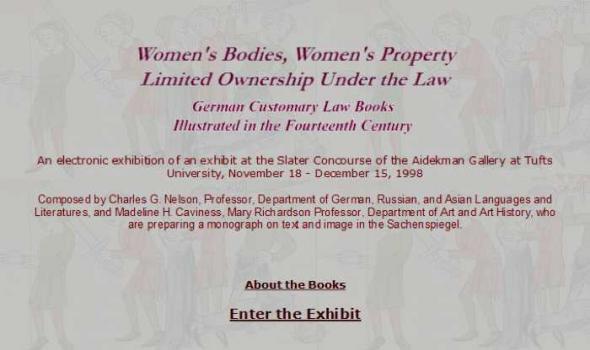Germany
The Harvard Law School Library has approximately one million pages of documents relating to the trial of military and political leaders of Nazi Germany before the International Military Tribunal (IMT) and to the twelve trials of other accused war criminals before the United States Nuremberg Military Tribunals (NMT).
The documents, which include trial transcripts, briefs, document books, evidence files, and other papers, have been studied by lawyers, scholars, and other researchers in the areas of history, ethics, genocide, and war crimes, and are of particular interest to officials and students of current international tribunals involving war crimes and crimes against humanity.
Historical Context The Great Depression and the World Wars were the major historical influences on Americans between 1933 and 1945. The 1929 stock market crash had left 13 million people unemployed and 2 million homeless. A documentary of the period would have revealed Hoovervilles, dust storms, labor union strikes, violent farmers protesting foreclosures and unarmed WWI Vets marching on the White House for their promised bonuses, only to be met by U.S. Army tanks. Adolf Hitler Geburtstagfeier. (Birthday Celebration) Los Angeles, April 20, 1935 In 1933 Adolf Hitler became the head of Germany's Third Reich and Franklin Delano Roosevelt entered the Oval Office. In the United States, the New Deal brought hope for recovery.
The Sachsenspiegel or Mirror of the Saxons (1220-35) is a collection of customary laws compiled by Eike von Repgow (1180-1235). Encouraged by his overlord, Hoyer von Falkenstein , from Saxon high nobility, he produced a German version of his own (lost) Latin original. Their purpose was to textualize, and thus to stabilize what up until the 13th century had been a long oral tradition of regional jurisprudence. The Sachsenspiegel is divided into two parts, one concerned with laws regarding the management of fiefs, the Lehnrecht , and the other with more general laws, the Landrecht , or regional law.
About Heiner Müller was born in Eppendorf, eastern Germany, in 1929 and died in Berlin in 1995. He was one of the major East German writers and indisputably the most important German dramatist (some would argue European dramatist) in the latter half of the twentieth century. His 30 plays helped reconfigure the notion of modern theatre in European and Anglo-Saxon venues and a number of his most important works (Hamletmachine, Quartett, Medea Material, The Mission) have been translated and staged in many parts of the world. Alexander Kluge was born in Halberstadt, Germany in 1932 and after earning a law degree has gone on to distinguish himself as a leading writer, cultural theoretician, film maker and public intellectual.























